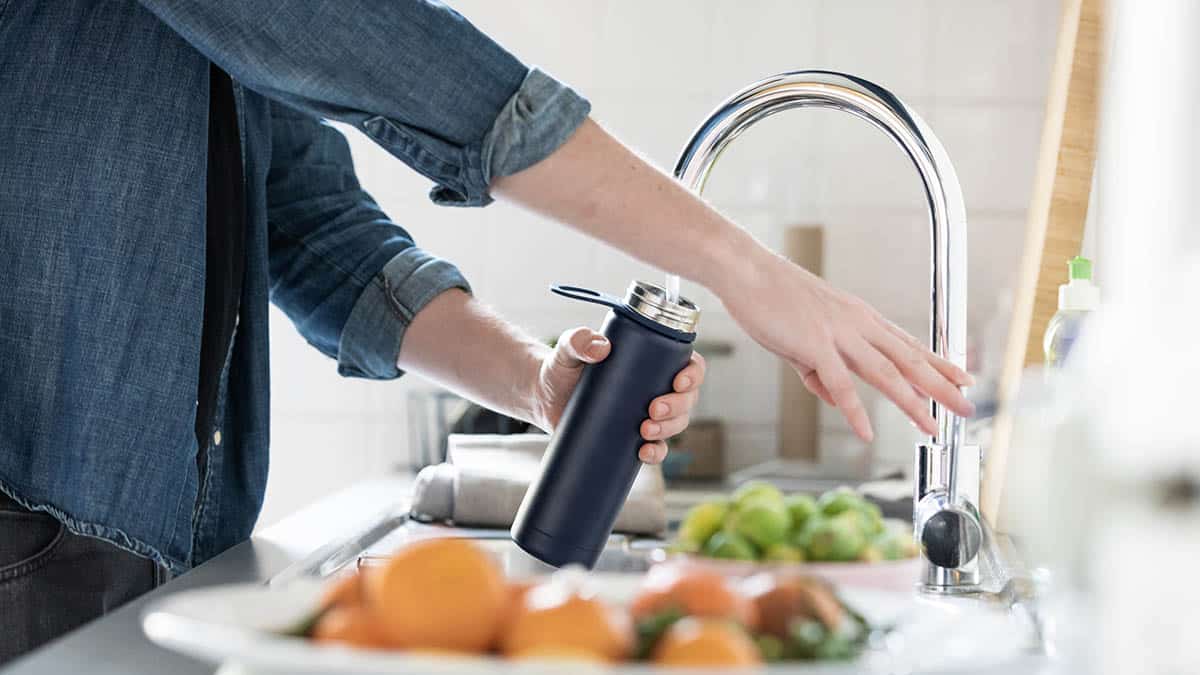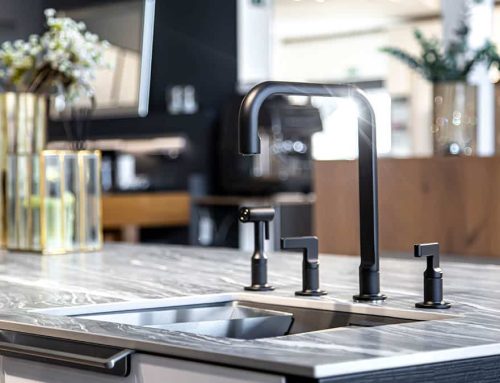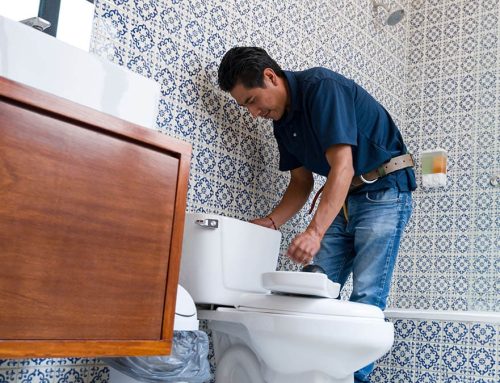
Water Quality Awareness Month Will Change the Way You Stay Hydrated This Summer
This summer has been a hot one! As you refill your water bottle, you may be getting more than just H2O. August is Water Quality Awareness Month, and it acts as a reminder that if we’re not drinking filtered water, we could possibly be consuming a few substances we’d rather not.
Where Unfiltered Water Affects Your Family
Everything from that gorgeous salad you made from your farmers market to the piña colada you’re sipping on the patio is affected by the quality of your drinking water. Are you absolutely sure your tap water is clean enough?
Think about where your family is affected by unfiltered water this summer:
- Drinking water.
- Washing and cooking fresh local fruits and veggies.
- Ice cubes and crushed ice for your favorite summer drinks and cocktails.
- Water used when you brush your teeth.
Commercial water companies are not the answer. Not only are the plastic bottles devastating for the environment (even when they’re recycled), bottled water is far less tested and regulated than municipal water supplies.
Does Your Home Need a Water Filtration System?
Do you need a water filtration system? Our local tap water typically won’t pose a real health risk when everything is working as it should. However, there is much more to water quality than whether or not it will make you sick immediately after drinking it. Consider the following ways a water filtration system can improve everything from what’s contained within your refillable water bottle to what your child is using while brushing those pearly whites.
Sediment
Sediment in municipal tap water usually includes particles of debris such as clay, silt, and dirt. It’s not health-threatening, but it does alter the taste of your water. The mechanical filter in a water filtration unit will remove this, instantly improving the taste of your tap water.
Lead
Yes, that same unwanted substance that has children’s toys banned and recalled and that is found in an old paint can also be found in your drinking water. Though this won’t make you sick right away, it can have an impact over time, particularly among children and if the lead levels are high enough. Lead can make it into your tap water through old, rusting or decomposing pipes or from some well water. A reverse osmosis system can typically remove the lead from your water.
Pathogens
Though pathogens are not found in municipal water most of the time, there are some that can make their way into your home on occasion. Most commonly, these include a parasite called giardia intestinalis (which can cause diarrhea for up to a month and a half), and cryptosporidium, a similar parasite resistant to chlorine (one of the main chemicals used to kill pathogens in the municipal water supply). Certain mechanical filters can clear these pathogens from your family’s drinking water at home.
How Else Can Your Home Water Quality Improve?
Of course, improving the quality of your tap water isn’t just a matter of filtration. Taste and hard water can both affect your family, too.
Two other ways you can improve your home’s water quality are:
- Carbon filters – These filters use activated carbon to make sure your water looks and tastes perfectly fresh every time. They will also help to remove a number of contaminants that are typically harmless but that can make your water smell and taste unpleasant.
- Water softeners – If you have hard water, you face a number of avoidable struggles. These include everything from skin problems to challenges keeping your sinks, bathtubs, and toilets clean. They can also shorten the life of your major appliances such as your washing machine and dishwasher. A water softener is an affordable treatment system that removes calcium, magnesium and other minerals that can be damaging to your skin and your possessions.
Ready to find out how your home water quality can dramatically improve? Call McLoughlin Plumbing, Heating and Cooling today. Our water quality experts will be happy to help you. Contact our 24-hour service at 610-624-8037.

